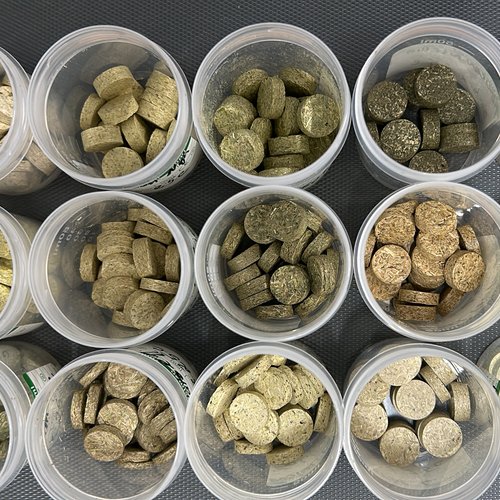Led by the University of Adelaide and supported by AgriFutures Australia through its Emerging Industries program, a new $2 million program of research is set to unlock the potential of Australia’s insect industry by addressing critical barriers to growth.
The five-year program of research is focused on developing best-practice guidelines and industry standards, market development and consumer education, and building industry capacity.
Professor Kerry Wilkinson from the University of Adelaide’s School of Agriculture, Food and Wine has assembled a research team which includes experts from Charles Sturt University, CSIRO, University of Melbourne, University of Western Sydney, University of South Australia, University of Western Australia and behavioural science company, Evidn.
“For more than 100 years, agricultural research conducted at the University of Adelaide has broken new ground in fields spanning soil science, plant breeding, animal production and food science,” Professor Wilkinson says.
“We look forward to working with the insect industry to help realise the benefits that insects offer – from valorisation of agri-food waste, to meeting increased protein demands, and reducing pressure on precious natural resources.”
Insect Protein Association of Australia chair and insect industry pioneer, Luke Wheat, says the program of research would address current and future industry challenges.
"This research program is a significant opportunity for the domestic insect industry to unlock market access and increase scale,” Luke says.
“This will be achieved through focus areas such as industry risk assessments, new product development and validation and regulatory review,” he says.
“Importantly, the work will be underpinned by robust, data-driven research conducted by some of the best universities in the country."
AgriFutures Australia managing director, John Harvey says the planned work is guided by the Australian Insect RD&E Plan, in consultation with producers through the Insect Protein Association of Australia, to support the long-term growth and viability of the Australian insect industry.
“Insects have the ability to convert organic waste into high-value protein and other valuable compounds such as oils and can be used in a range of products including animal feeds, fertilisers, pharmaceuticals and even human food products,” John says.
“Insects such as black soldier fly larvae, crickets and mealworms are rich in protein and have high micronutrient profiles,” he says. “Insect farming is also more sustainable than many other forms of protein production as it requires much less water, has a smaller physical footprint and creates fewer greenhouse gas emissions.”




